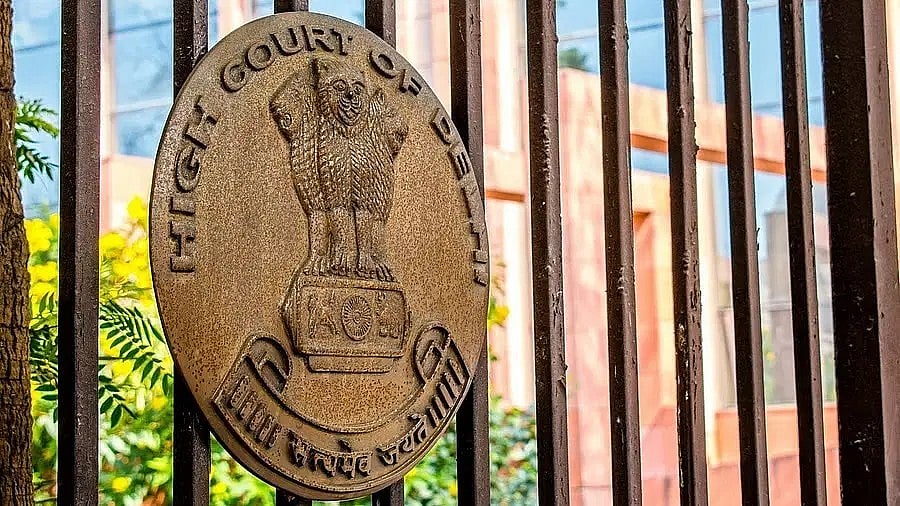
Delhi High Court.
Credit: iStock Photo
New Delhi: The Delhi High Court has held that generic and commonly descriptive word can never become trade marks on their own since "words used in everyday language cannot be monopolised".
Justice Tejas Karia made the observation while dismissing an application filed by Yatra Online Limited, which had sought to restrain Mach Conferences and Events Limited from launching services under the marks 'BookMyYatra' and 'BookMyYatra.com'.
The judge held that the expression "Yatra", being synonymous with travel in Hindi, is generic and descriptive in relation to travel services, and "no single entity can claim exclusivity over it".
"Generic or commonly descriptive word can never become trade marks on their own as they never acquire distinctiveness or a secondary meaning. These words do not indicate origin or source. It is settled law that words used in everyday language cannot be allowed to be monopolised," the judge said in an order passed on August 22.
The counsel for Yatra Online claimed that it had built enormous goodwill in its "Yatra" and "Yatra.com" marks since 2006, with over 15 million customers and a turnover of more than Rs 5,600 crore in FY 2023-24.
The counsel submitted that the rival mark - BookMyYatra - was deceptively similar and adopted in bad faith to ride on Yatra's reputation.
Mach Conferences' counsel opposed the submission, claiming that "Yatra" was a descriptive term used by hundreds of travel operators across India for decades, and that Yatra Online's registrations contained clear disclaimers denying any exclusive right over the word.
He added that the prefix "BookMy" gave the marks a distinct character, already common in the online space.
The court also noted in the order that Yatra Online's trademark registrations for "Yatra with device" and "Yatra Freight" were granted only with explicit disclaimers: "No exclusive right for the word Yatra."
"Having accepted those disclaimers at the time of registration, the plaintiff (Yatra Online) could not enlarge its rights beyond their legitimate bounds. The disclaimers are placed so that the proprietor of the registered mark does not try to expand the right beyond their legitimate bounds or claim special advantages in the disclaimed portions," the judge noted.